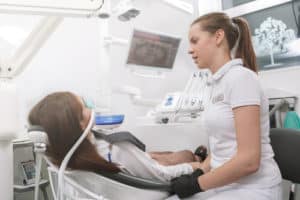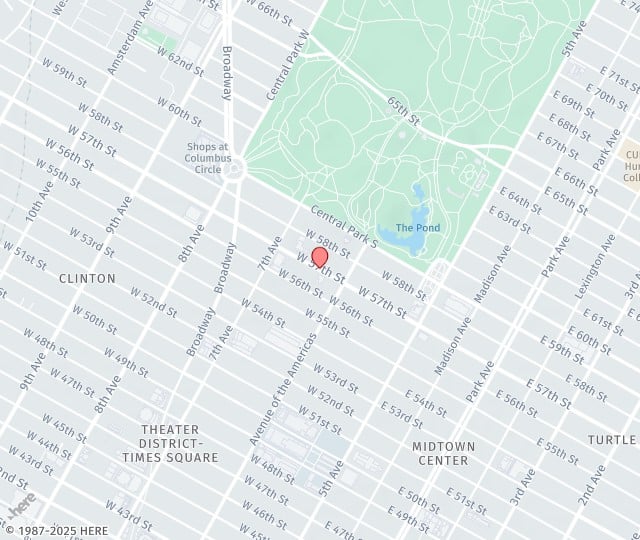
- Nitrous oxide. Also known to others as laughing gas, this mild sedative option works by putting you in a calm and relaxed state. Once it is administered, your dental treatment will often be completed much faster than if you did not have the option of nitrous oxide.
- Oral conscious sedation. This form of sedation is taken orally prior to arriving for your appointment with our dentists. It helps those who are prone to anxiety relax so that they can feel comfortable during their treatment. You will be relaxed during their appointment but still able to follow directions, answer questions, and even go to the bathroom. After the appointment, you return home to rest and will awaken later with your dental work complete and, in some cases, no recollection of the visit.
- IV sedation. For those with more severe anxieties, IV sedation may be the appropriate solution. This sedation is also recommended for those who have certain conditions that make it difficult for them to sit still, such as those with gag reflexes or PTSD. The sedation medication is administered through an IV which allows the medication to work almost immediately through the bloodstream. To reverse the effects, the IV is removed, and patients are allowed to wake on their own before leaving our office.
Which Sedation Method Is Right for Me?
We offer several methods of sedation to ensure patients have a choice in what is best for their unique needs. If you are located in the area of New York, NY, and want to speak to our team about sedation for your next appointment, call us at 212-974-8737 to request an appointment at our office. We offer a wide range of quality services for patients who have dental anxiety or other medical conditions that can make it more difficult for them to receive care at other dental practices in the area.

